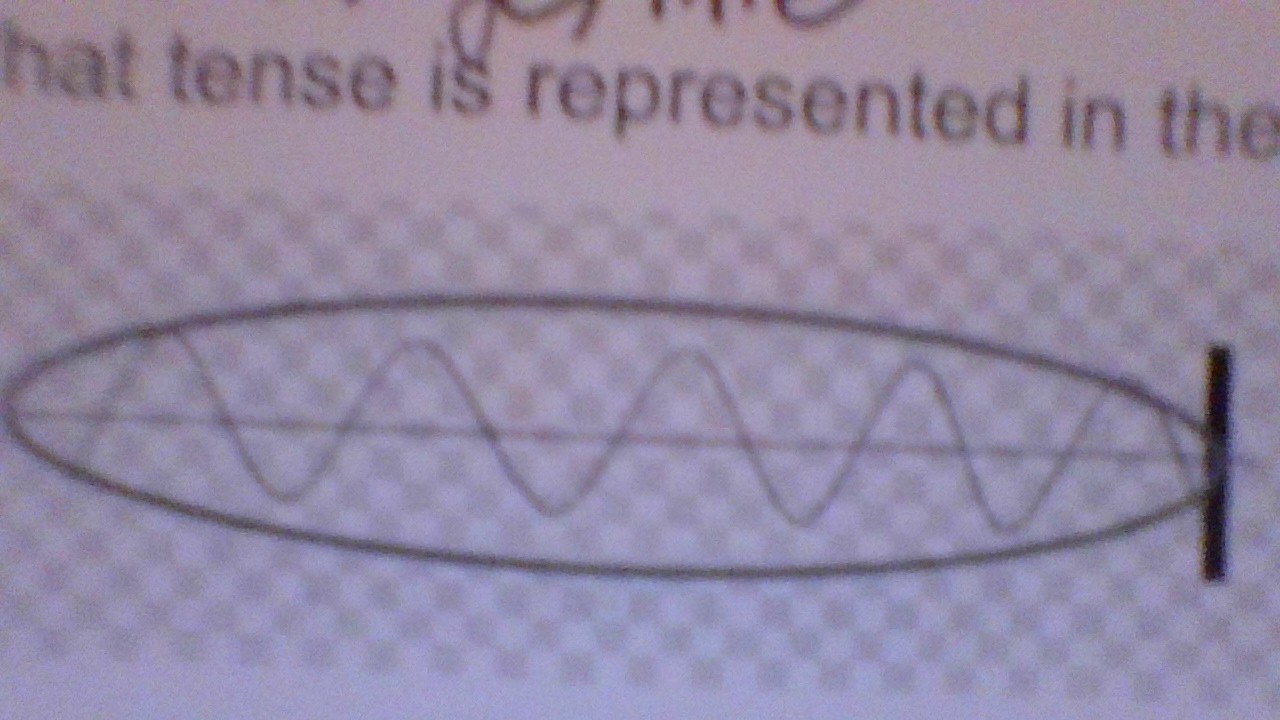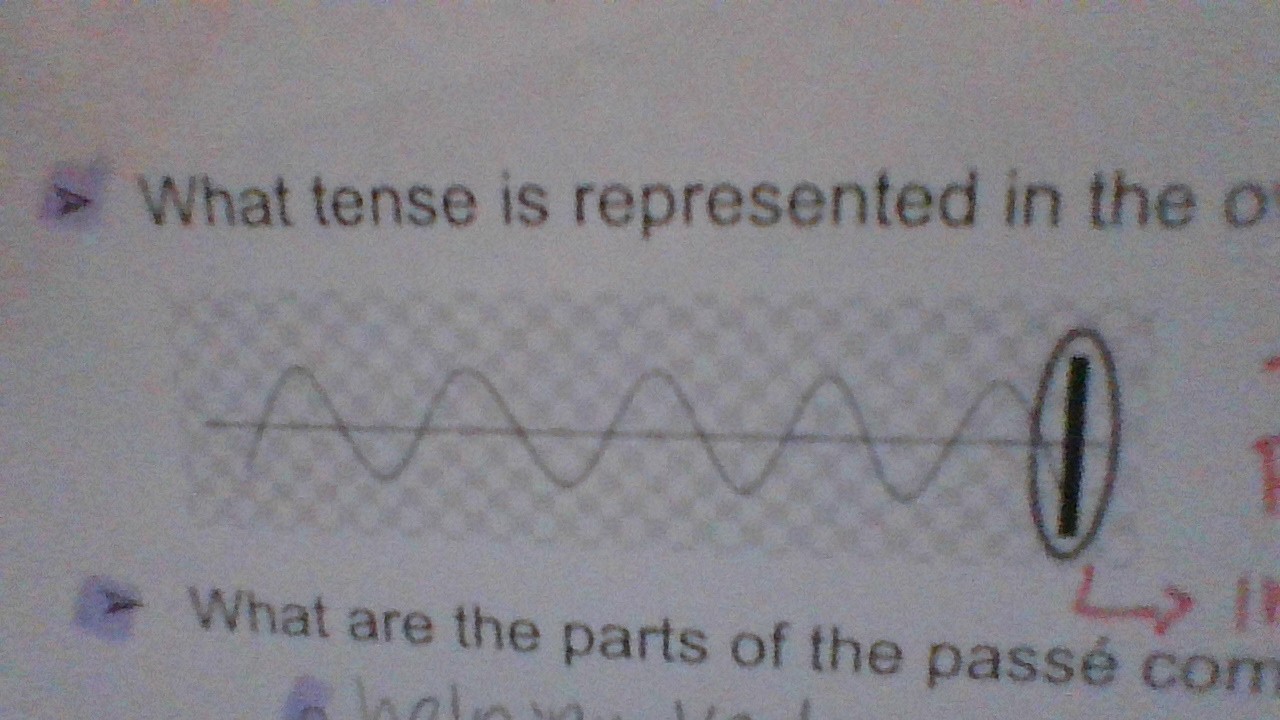FRENCH FINAL AHHHHHHHHHHHHH
1/53
There's no tags or description
Looks like no tags are added yet.
Name | Mastery | Learn | Test | Matching | Spaced | Call with Kai |
|---|
No analytics yet
Send a link to your students to track their progress
54 Terms
to express a preferred activity, the first verb is in which form and the second one is in which form?
conjugated, infinitive
translate: we prefer to vacuum.
nous preferons le passer l’aspirateur
translate: he is going to visit the comedie francaise
il va visiter la comedie francaise
what tense is “going to” in?
futur proche
make principal feminine
principale
make infirmier feminine
infirmire
make devoue feminine
devouee
make creatif feminine
creative
make travailleur feminine
travailleuse
where do adjectives normally go?
after the verb/subject
where do WEIRD adjectives go and what is the acronym called?
before the verb/subject, brags
what is the comparative?
it compares two subjects in a sentence
translate: Mme kelsey is smarter than her dog
mme kelsey est plus intelligente de sa chien.
translate: M kelsey is less intelligent than his dog.
m kelsey est moin intelligent de son chien.
what are the two past tenses?
passe compose and imparfait
when do we use l’imparfait?
habitual, ongoing, description, date age time

what tense is represented by the wavy line?
imparfait

what tense is represented by the vertical line?
passe compose
how to find the stem for imparfait?
conjugate verb in nous, take off ons, add special endings
what are the imperfect endings?
ais, ais, ait, ions, iez, aient
what is special about the imperfect stem for manger?
there is an extra e
how do you say some as a partative pronoun
du, de la, de l’, des
answer this using partitive pronoum some: did you use to eat bananas when you were little?
je mange de la banane
conjugate the verb vouloir
veux, veux, veut, voulons, voulez, veulent
conjugate pouvoir
peux, peux, peut, pouvons, pouvez, peuvent
conjugate choisir
choisis, choisis, choisit, choisissons, choisissez, choisissent
how do you say which in french
quel
what does quel act like
an adjective
because quel acts like an adjective, you have to remember…….
gender and number agreement
what are the four forms of quel (you know one yayayay)
quel, quels, quelle, quelles
where does quel go in a sentence
before a noun
what is the difference between quel and qu’est-ce que
which is… vs what is it that…
fill in the blank with que,qui, ou: c’est un project ___ elles lancent au mois de decembre
que
fill in the blank with que,qui, ou: c’est un organisme ___ aide les personnes agees/
qui
fill in the blank with que,qui, ou: c’est l’hopital ___ je fais du benevolat
ou
fill in the blank with que,qui, ou: c’est l’heure ___ nous commmencons a travailler
ou
what refers to a subject, and the word after the blank will be a verb?
qui
what refers to an object and the word after will be a subject?
que
what refers to a location and the word after will be a location/time?
ou
when do we use the superlative
when talking about the best/worst
translate: mme kelsey is the best teacher of all time
mme kelsey est la meilleure professeure de tous les temps
translate: mme kelsey is the least interesting teacher
mme kelsey est la moins interssant professeure
when do we use the passe compose
talking about the recent past, interrupts an ongoing action, moves the plot forward
what are the parts of the passe compose
helping verb and past participle
what two verbs can be helping verbs
avoir and etre
how do you know when to use which helping verb?
mrs dr vandertrampp
how do you create the second part of the passe compose
take the infinitive form of a verb (er, ir, re) and change it to the new ending (e, i, u)
after creating all that, what is the last thing you need to finish the passe compose
check gender number agreement
how to tell ur friend to stay hydrated
reste hydrate
how to tell ur teacher to eat more vegetables
mangez plus legumes
how to tell ur cousin lets not play hide and seek
ne jouons pas a cache cahce
translate: we wake up late during the summer
nous nous reveillons pendant l’ete
translate: you dont fall asleep during classes
tu ne lendors pas pendant le cours
what do reflexive pronouns do
reflect back on the subject (je me, tu te)